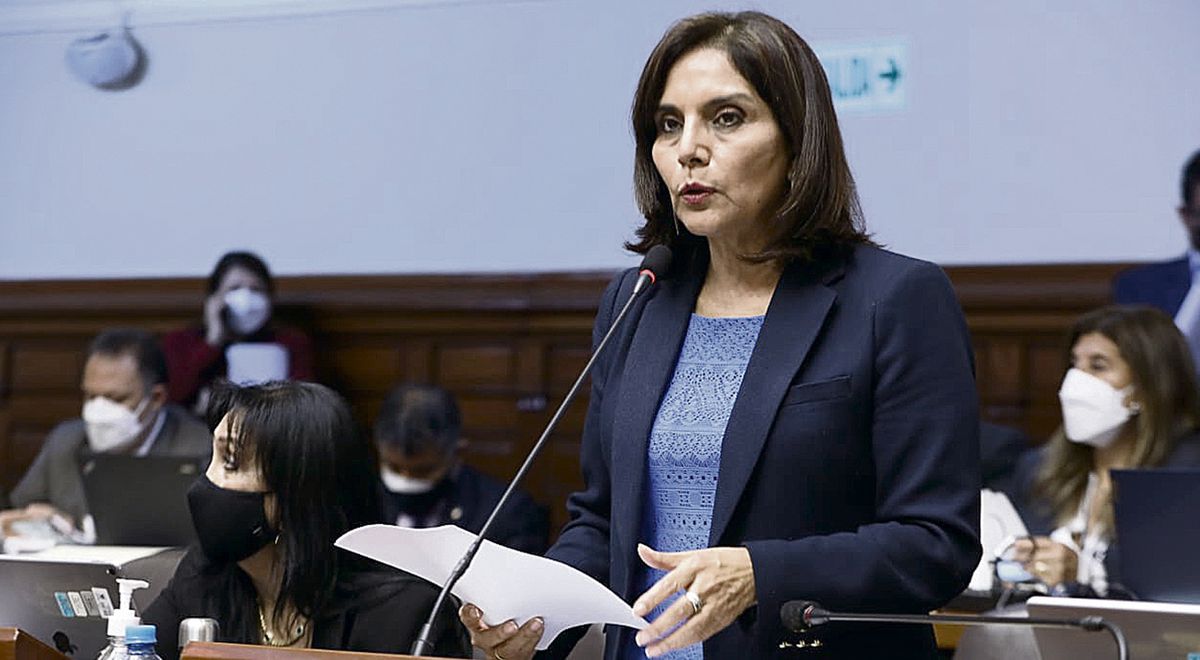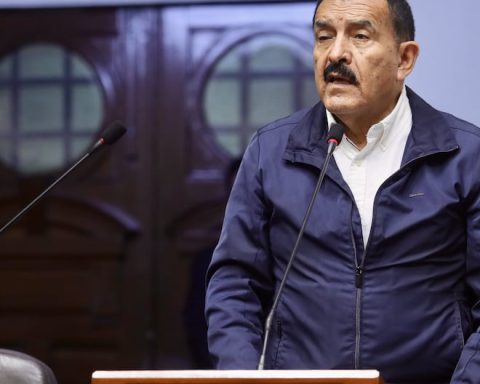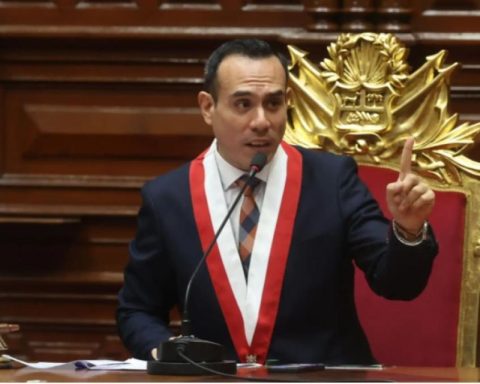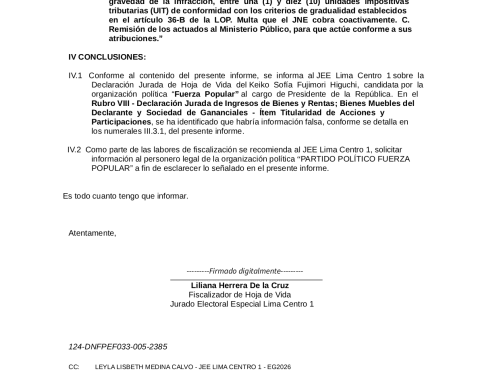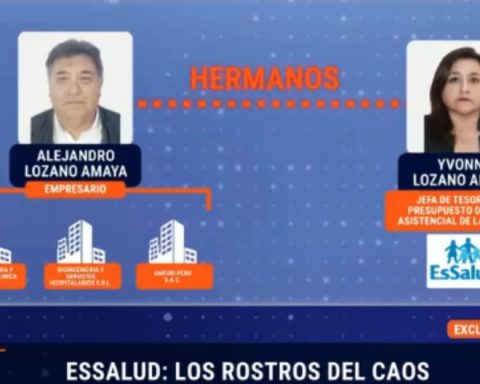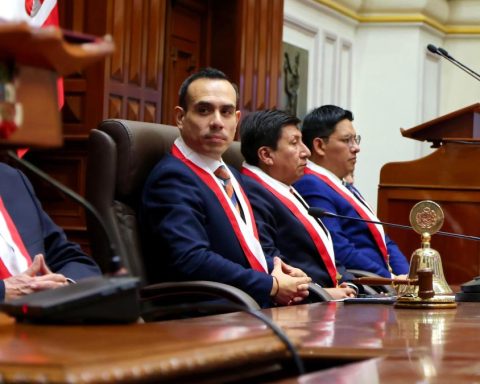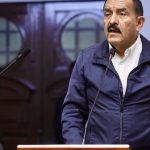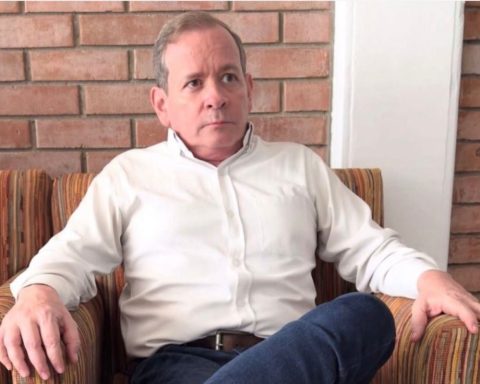The express constitutional reform attempt to further weaken the principle of balance of powers was burned in the oven door.
The opposition bloc made up of the Fuerza Popular, Alianza para el Progreso (APP), Avanza País, Acción Popular, Renovación Popular and Podemos Perú groups failed to advance in February with the first vote to approve the amendment to article 130 of the Constitution.
The president of Congress, María Alva (Popular Action), announced yesterday that there will be no more sessions of the Plenary in February, with which the present legislature is closed, for the purposes of approving possible reforms. (On the other hand, the commissions will continue to meet).
With this decision, the express constitutional reform promoted by Patricia Juárez (Popular Force) and the block of opposition allies to eliminate the mandatory vote of confidence, as part of the work they have been carrying out to weaken the balance of powers, was frustrated.
An isolated reform
Just on February 11, Juárez had advanced in the Constitution Commission, which he chairs, with the approval of the opinion.
For this purpose, he had 11 votes from the Fujimorists Alejandro Aguinaga, Martha Moyano, Auristela Obando and Juárez herself. Likewise, Luis Aragón and Wilson Soto, from Acción Popular; Yessica Amuruz and Alejandro Cavero, from Avanza País; in addition to Gladys Echaíz (APP), Alejandro Muñante (Popular Renewal) and José Elías (Podemos Peru).
Everything seemed to be moving smoothly. However, this block of six benches barely adds 78 votes. In other words, they do not reach the minimum of 87 votes that is required for a constitutional reform. For this reason, the reform was stalled.
Patricia Juárez presented the reform project number 612 on November 3, 2021. As president of the Constitution Commission, she herself was in charge of speeding up her initiative, until reaching the opinion of February 11.
His specific proposal is to modify article 130 of the Magna Carta to eliminate the mandatory vote of confidence when a new cabinet of ministers assumes office.
For practical purposes, with this reform, a new cabinet would only go to Congress to present the government’s program and, in the end, the vote of confidence would no longer be mandatory, as is the case up to now.
But in political terms, this reform takes away from the Executive Branch a key counterweight tool. Currently, if Congress denies confidence, a first cabinet crisis is already generated.
What does this mean? This first crisis already accounts for the possible closure of Congress, in the event of a second denial of confidence.
Juárez was in charge of accelerating the opinion, in a context in which Héctor Valer slipped that President Pedro Castillo was willing to spend the two silver bullets of the denials of mandatory trust, to take the next step of closing Congress.
A comprehensive proposal
The Fujimorista prioritized her project, despite the fact that a month earlier, on October 19, 2021, the Executive had sent to Parliament the most comprehensive reform project number 474, on the balance of powers.
In other words, the Executive also agrees to eliminate the mandatory trust issue from article 130, but within the framework of a series of reforms of five articles (see detail in the first table).
One of the relevant aspects of Castillo’s proposal is the modification of article 113, to annul the presidential vacancy due to moral incapacity and replace it with the figure of physical or mental incapacity accredited by a medical board. This, in order to avoid the excessive use of this tool to vacate presidents.
Legislator Patricia Juárez only said that the opinion of the Executive’s proposal would be ready very soon, but she did make an effort to get the opinion of her isolated project beforehand.
The direct consequence, if the Juarez reform advances alone, is that Congress would be blocking the Executive, which would no longer have the option of using the denial of confidence in a cabinet as a first step towards the closure of Congress, and a way counterweight.
On the other hand, if the Executive and Congress reach a political agreement to go for a comprehensive reform, there would be a better balance: the Executive would have less option to close Parliament and this power would have less possibility of vacating presidents without objective causes.
Comparison between the opinion of Patricia Juárez and the comprehensive proposal of President Pedro Castillo
Infographic – The Republic
Infographic – The Republic
